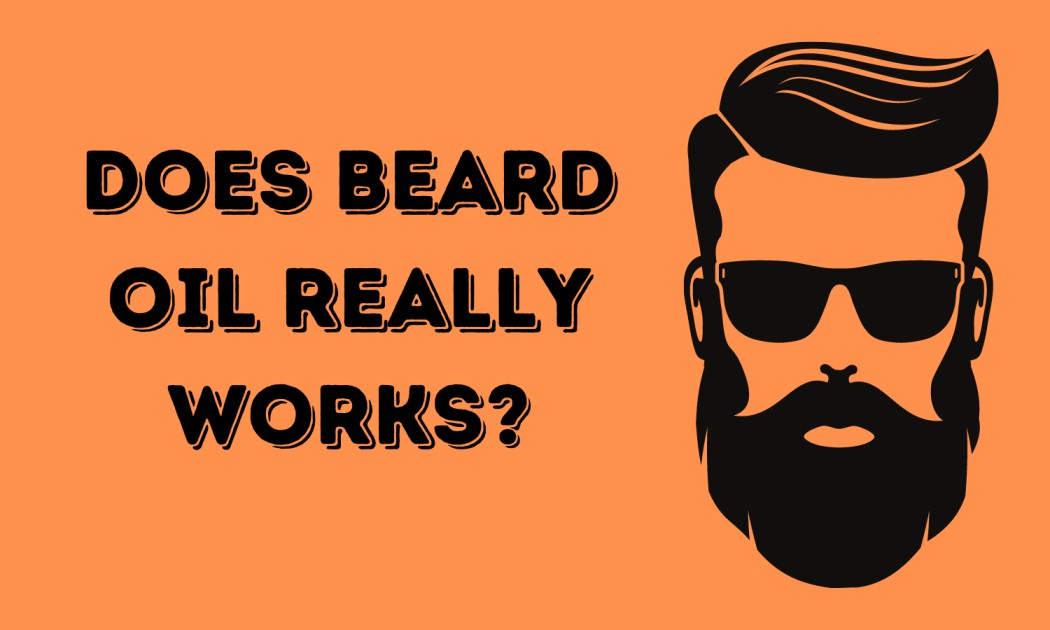Generally, no one wants to lead a stressful life. So, it has become an important topic to discuss in recent times. From Work stress and relationship stress to family stress, physical stress, etc.— all creep into our lives. We know that taking stress is bad for human beings. But do you have any idea about its relation to dandruff? Are you thinking: can stress cause dandruff?
What Is Dandruff?

Dandruff occurs on the scalp only and causes flaky, itchy skin. While the main concern of people is flaked, itching is the most uncomfortable side effect of it. Do you want to know “can stress cause dandruff?” Then, read the below section.
What Happens When You’re Stressed?
When you are tense, your body will release hormones to assist in the situation. Supposedly, wild animal attacks you, and your body releases cortisol to deal with the stress. Releasing hormones maintains regulation of your circulatory and cardiovascular systems so that you are ready for the fight.
What Are The 5 Emotional Signs Of Stress?
These are some signs of emotional distress:
- Feeling hopeless
- Having low energy or without energy
- Having unexplained aches and pains, including constant stomach aches or headaches
- Pulling away from people
Children and teens:
- Being not so interested in schoolwork
- Don’t stay with friends
- Becoming aggressive
- Competing for more to get more attention from teachers and parents
- Being unwilling to leave home
For adults:
- Crying spells or bursts of anger
- Difficulty eating
- Losing interest in regular activities
- Increasing physical distress symptoms like headaches or stomach pains
- Fatigue
- Feeling guilty, helpless, or hopeless
- Avoiding family & friends
Why Does Stress Cause Dandruff?

There are many reasons behind dandruff, due to which pinpointing the exact one is tricky.
- Excessive exposure to sunlight
- Too much pressure from bats on the scalp
- Not shampooing enough. As a result, skin cells can make flakes and itching.
- Over shampooing and overdrying the scalp.
- secretions from sebaceous glands
- Fungal colonization on your skin
- Using different personal care products causes contact dermatitis. As a result, the scalp may appear red and itchy.
- Brushing hair on your head. So, don’t make excessive friction with the sensitive skin on the scalp.
- Exposure to dust or dirt
- A yeast called Malassezia causes the growth of excess skin cells.
You should know the fact that men usually develop dandruff more often than women. If you have oilier hair or suffer from specific illnesses like HIV or Parkinson’s disease, you are at higher risk. In this case, you will observe symptoms around puberty.
Home Remedies
Try these natural remedies before turning to medicated solutions. These are a few that you should follow.
Baking soda: You should rub this slowly into the scalp. After that, you should rinse after a few minutes.
Apple cider vinegar: You need to mix ¼ cup of this vinegar with 1/4 cup of water. Then, apply it to the hair for 15 minutes to 1 hour. Next, you should rinse out. Ensure that you do it two times per week.
Coconut oil: You should rub three to five teaspoons of coconut oil into the scalp. Next, you should leave this for an hour. Now, your task is to use shampoo to wash your hair.
Lemon juice: Hence, it is essential to rub two teaspoons of lemon juice into the scalp and rinse out thereafter. Next, your job is to rub another teaspoon after mixing it with one cup of water. You need to do it daily.
Aloe vera: You should rub it into the scalp before washing the hair.
Olive oil: You can run ten drops of olive oil into your scalp. Use a shower cap to cover the head and leave it overnight. Then, use shampoo for washing the hair and wash it in the morning.
How To Get Rid Of Dandruff?

We have given here a few tips you should follow to avoid dandruff.
Practice good hygiene: Ensure that you are giving your best to resist the urge from touching your scalp, mainly when this one is itchy. Don’t scratch, as it will boost irritation resulting in a vicious cycle. You should look for the correct shampooing balance to use on your scalp. Remember that using shampoo can keep oils at bay. However, you must not use many products in your hair because of scalp irritation.
Reduce stress:
Can stress cause dandruff? In this case, you should know that stress is capable of aggravating or even making dandruff worse in some cases. Stress does not introduce Malassezia to your scalp, but Malassezia can thrive if the immune system is compromised. Hence, you should keep your scalp relaxed. You may practice yoga or take a refreshing walk. It is also beneficial in keeping a log of stressful events. You need to note what these are and the way they impact your dandruff. Thus, it becomes easier for you to avoid potential triggers in the future.
Breath fresh hair:
According to the research, if you go outside daily with more fresh air, it helps to decrease oil buildup on your scalp.
Massage scalp: It prevents dandruff symptoms.
Brush those locks: Remember that you brush the hair only when it is damp two times daily, at least. Ensure that you don’t brush your hair when it is wet.
Limit friction: You should wear scarves and hats in the limit, mainly those products which consist of synthetic materials.
Frequently Asked Questions (FAQs)
Ans: It is capable of aggravating or even making dandruff worse in some cases. Stress does not introduce Malassezia to your scalp, but Malassezia can thrive if the immune system is compromised.
Ans: It weakens the natural defenses of your body against microbes ( which exist naturally) in the scalp. It leads to dryness and flakiness.
Ans: Over one-third of dermatology patients suffering from psychological issues are imperative to treating their skin condition. Therefore, it is essential to reduce stress levels to lower the probability of dandruff.
Ans: It helps to create natural oils keeping the hair hydrated. The hormone can cause dandruff, so it can be a hormonal problem.
Ans: Dandruff may result in low self-esteem. Patients suffering from this can feel embarrassed when their dandruff appears as a sign of poor grooming or uncleanliness. Suppose patients are having itching symptoms. In such cases, the outcome may be anxiety, poor sleep, and lack of concentration.
Ans: PCOS has the following symptoms: irregular/absent menstrual periods, infertility, dandruff, oily/acne skin, weight gain, thinning hair, dark patches on the skin, pelvic pain, etc. So, we can say that dandruff is a symptom of PCOS.
Conclusion:
Reading this article, you have got to know: can stress cause dandruff or not? Fortunately, we can treat multiple dandruff cases using over-the-counter (OTC) shampoos and following different lifestyles. Therefore, it can be said that dandruff isn’t only behind an itchy scalp. When you see your dandruff as stubborn or itchy, there is a chance of having psoriasis, eczema, or an actual fungal infection. Hence, take advice from doctors. Consult your doctor when you see the scalp becoming red or swollen. You need to check whether the shampoos don’t help to reduce redness and if flaking gets spread to the face or your body, or if you are suffering from awkward itching, then consult your doctor soon. The symptoms refer to harmful conditions like Actinic keratoses (AKs) or Tinea capitis (scalp ringworm). You must get the best treatment to achieve the best result.
Read More:


